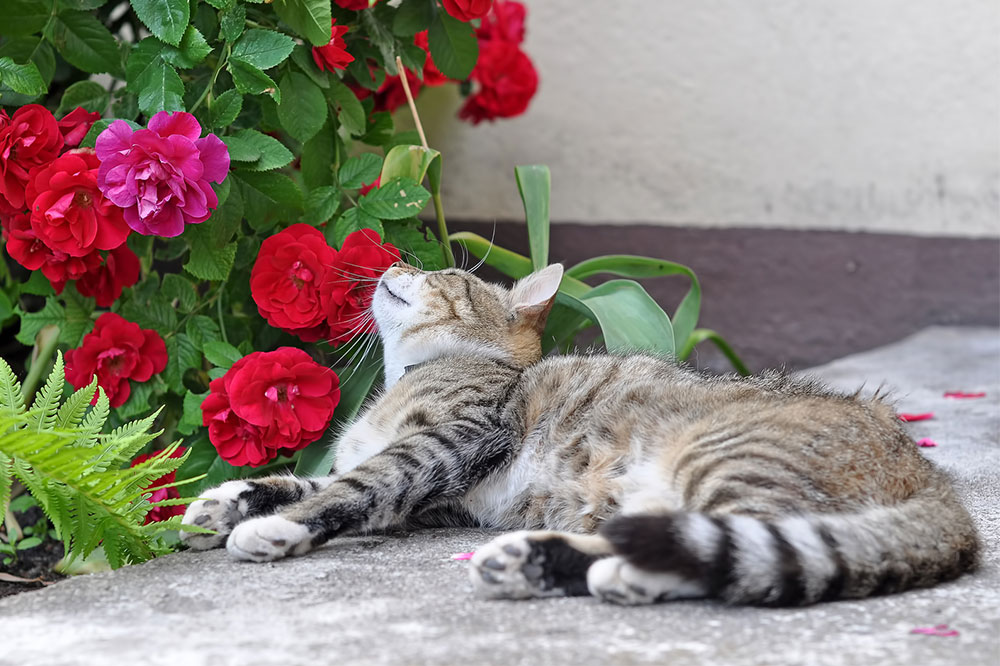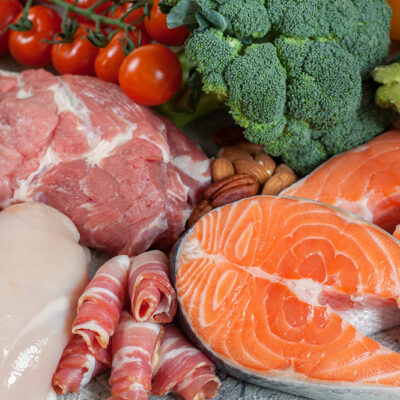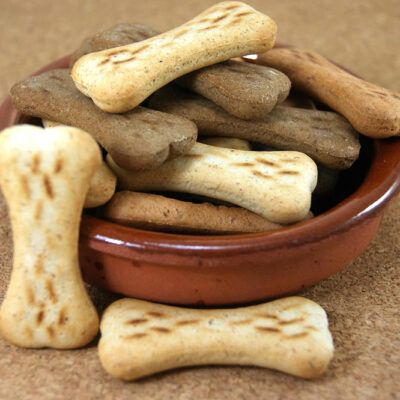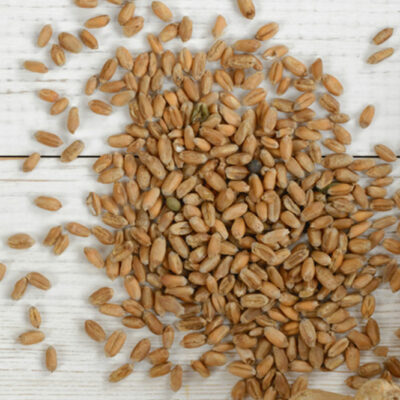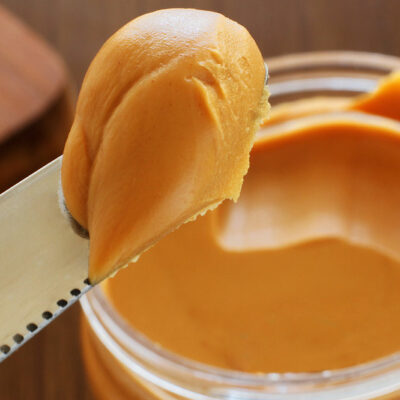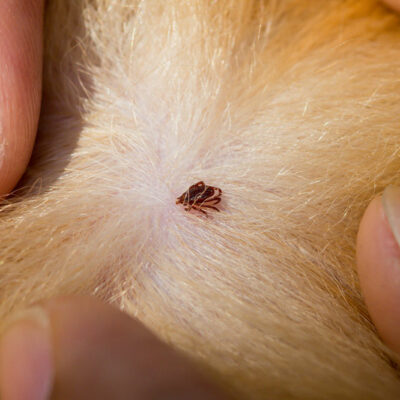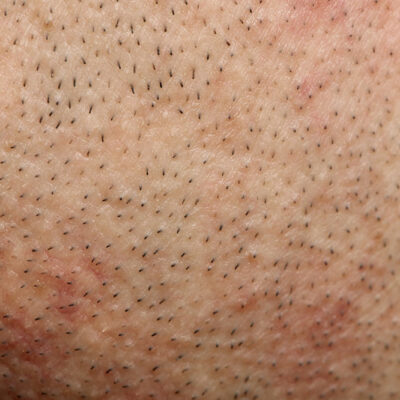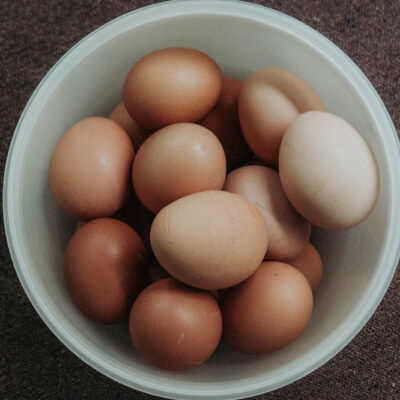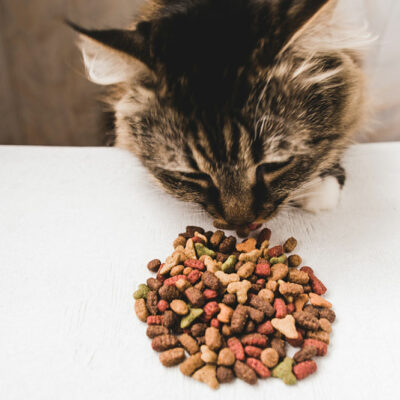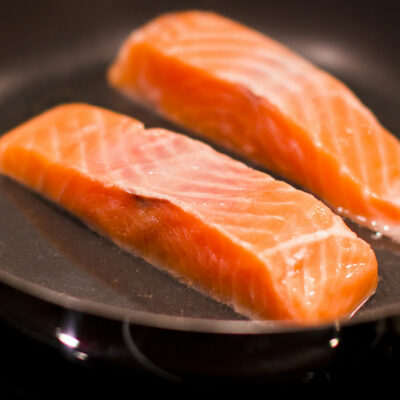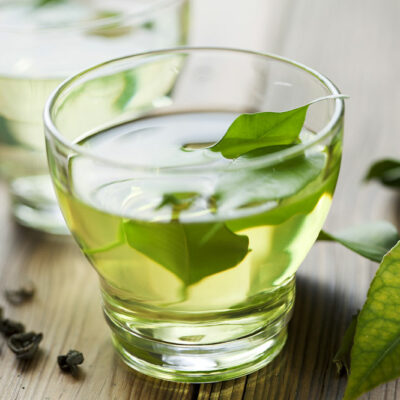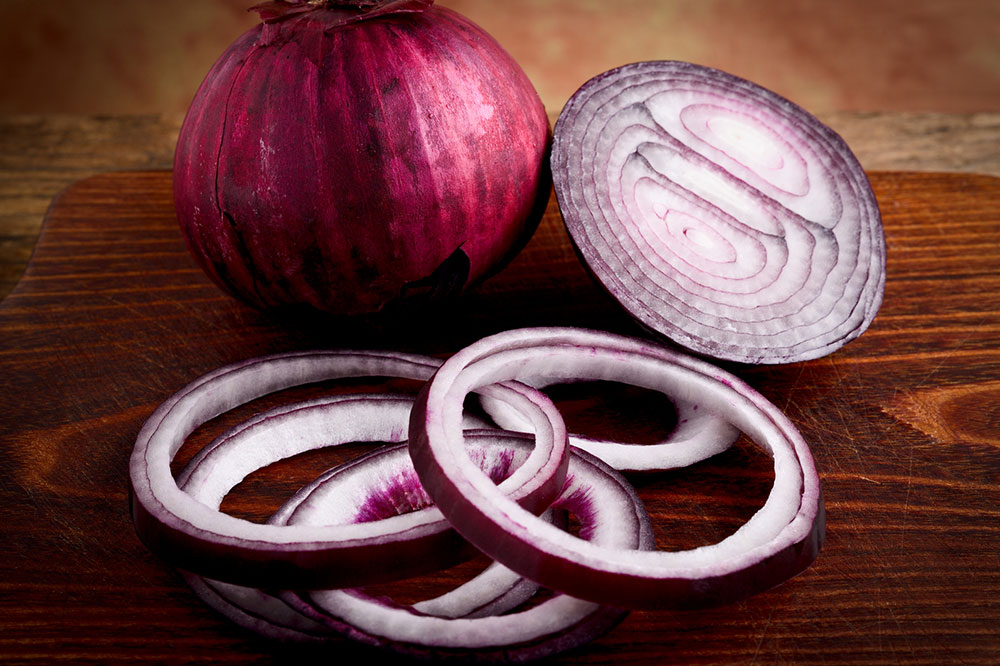
7 Toxic Human Foods for Cats and Dogs
Keeping a pet demands a high level of responsibility and alertness. Most pet-parents are always on their toes to ensure a safe and healthy environment for their pets. However, many pet owners often give a treat to their pets purely out of love. Before you think of offering them a bite from your plate, you should ensure that these are not toxic foods for cats and dogs. Dairy products Even though your cats and dogs might enjoy the taste of milk, but it is definitely not good for their health. Due to a lack of the lactase enzyme, it becomes hard for your cats and dogs to digest lactose present in dairy. This might cause diarrhea, upset stomach, and other digestive problems. Onions and garlic These are some of the most common toxic foods for cats and dogs. Ingestion of any of these food items can result in severe gastrointestinal problems and damage red blood cells that can lead to anemia. Macadamia nuts Healthy for humans, these nuts can pose serious health dangers for your cats and dogs. Symptoms of nut poisoning include weakness, vomiting, coordination issues, fever, and weakness in the nervous system. Chocolate, coffee, and caffeine Caffeine and chocolates work as a stimulant for your cats and dogs, damaging their nervous system.
Learn More 